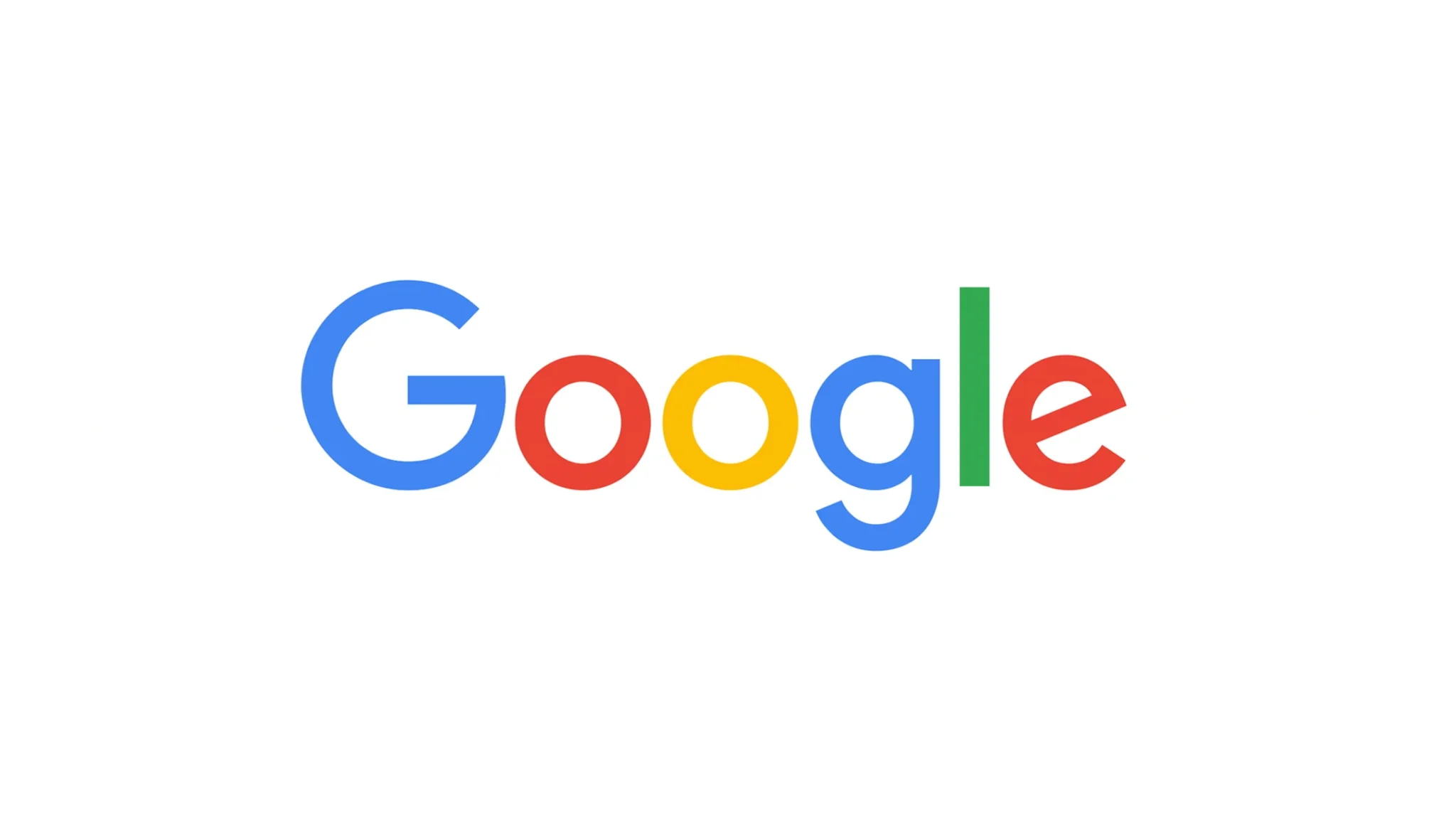
In January 2025, Google made changes to the mechanisms for handling automated interactions. In the context of SEO, this affected how SEO tools can monitor Google SERP.
A reasonable question arose—what will happen now with SEO analysis data, such as rankings in SERP? Will the data become inaccurate? Will SEO tools become more expensive? How should competitive analysis be conducted now?
Let’s figure it out.
In this article:
Did Google completely block access for SEO tools?
What do representatives of SEO tools say about this?
Will SEO tools become more expensive?
Who said Google has achieved its goal and won’t take further action?
Did Google completely block access for SEO tools?
No. It made access more difficult using JavaScript.
Why did Google do this?
1. AI Overviews
Generating AI Overviews costs Google significantly more than regular snippets.
Monitoring AI Overviews with SEO tools is also more complex and resource-intensive—for both SEO monitoring tools and Google itself.
2. Resources
Previously, building tools to monitor/scrape Google required significant resources and deep technical expertise. Today, with the help of AI, developing such tools has become relatively quick and simple. It’s easy to assume that the number of scrapers "attacking" Google has recently surged exponentially—and would have continued growing even faster. Google had to take action.
Did all tools suffer equally?
It seems not, as the technical solutions vary between providers.
What do SEO tool providers say about this?
Some admit that they encountered difficulties. Others claim they’ve made the necessary adjustments, and everything now works as before. Some remain silent, believing that the SEO community will interpret this as their tool having had no issues.
Should they be trusted?
Data such as keyword rankings are inherently "lagging" to some degree. So it will take time to fully assess the impact of Google’s blockage on different tools. Additionally, there is a possibility that those facing issues might present old data as fresh.
For example, if ranking data in Ahrefs, SEMrush, and SERanking start to differ significantly, it could be a sign that some of the tools is/are experiencing difficulties. I expect that by the end of February, what is hidden may start to become clear.
Will SEO tools become more expensive?
Monitoring SERP using JavaScript requires more resources than monitoring without it. As a result, SEO tool costs will increase. At least for those that previously monitored SERP without JS.
Prices for some SEO tools may rise. Possibly as early as spring 2025.
Who said Google has achieved its goal and won’t take further action?
Some claim they have already adapted to the changes and that everything is working again. Even if that’s true, it may only be temporary. Google may evaluate the effectiveness of its blocking measures. If the results are unsatisfactory, additional actions may follow.
What should you do?
When analyzing your own website’s rankings, rely more on Google Search Console.
Accurate competitor analysis may become more challenging than before. You will need to ensure that the tool you use for monitoring rankings and related metrics provides correct data. And a bit of manual work won’t hurt either.
What will happen to SEO tools now?
Since at the time of writing, it is not precisely known how severely each SEO tool has been affected, we can only speculate.
But let’s assume that Google has set a goal to completely block access for all SEO tools and has succeeded. What would happen in this case?
Ahrefs
If Google blocks all SEO tools, Ahrefs has an excellent backup solution that competitors lack. For those unaware, a few years ago, Ahrefs launched its own search engine—Yep. It could be used as a search demand emulator, potentially scalable for optimization across other search engines.
SEMrush
Recently, SEMrush has relied heavily on acquisitions to achieve its goals. If access to Google is completely blocked, a similar strategy could be used. Aligning with recent trends, I’d assume the first acquisition candidate would be NP Digital – Greenland. Even if it doesn’t solve the issue with data from Google.
Similarweb
They have always managed to obtain unique data while keeping their sources a secret. Perhaps they will find a way to bypass Google’s blockage as well.
SE Ranking
This tool is Ukrainian. It will survive no matter what.
Moz
In 2018, Rand Fishkin made the following statement regarding his departure from Moz:
"On a scale of 0-10, where 0 is ‘fired and escorted out of the building by security’ and 10 is ‘left entirely of his own accord on wonderful terms,’ my departure is around a 4.”
He left Moz to found SparkToro—a company focused on influencer and audience intelligence, which has nothing to do with monitoring SERP rankings.
Just saying. :)
Summary
Google blocking SEO tools could lead to problems with accurate data for SEO analysis. Primarily for competitor analysis.
A more detailed discussion of the consequences will be possible later. Tentatively, starting from late February.
Until the situation becomes clearer, a good practice would be to monitor data across multiple SEO tools.
